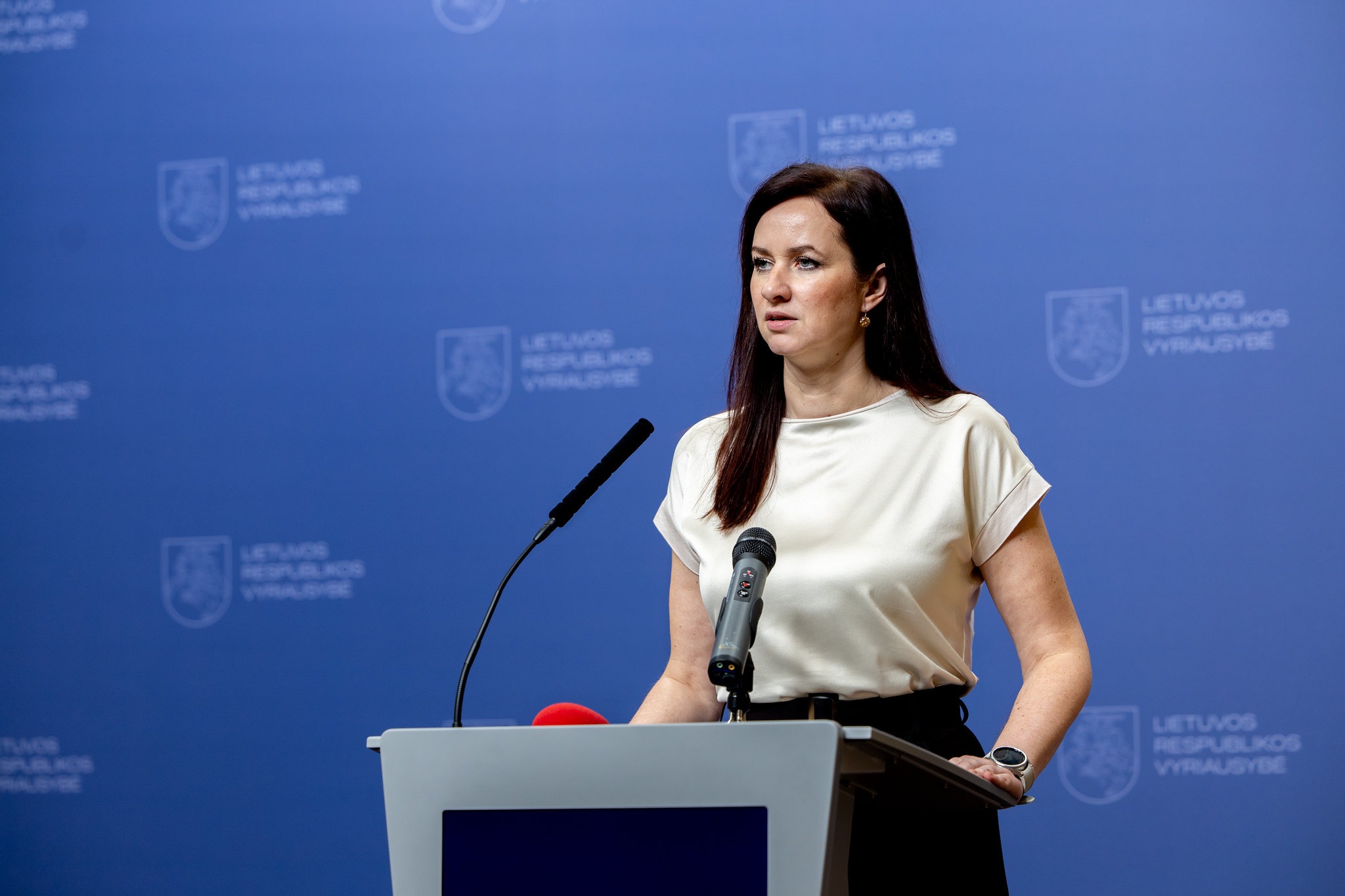
Main narratives:
- Prevailing fear and uncertainty regarding the proximity and reality of war, fueled by potential disinformation.
- Calls for improved relations and tolerance towards the Russian-speaking community in Latvia, amid concerns of discrimination and hate speech.
- Allegations of financial misconduct by high-ranking officials cast doubts on their eligibility for European Parliament elections and their party’s financial practices.
- Economic repercussions of severing ties with Russia, particularly the potential impact on ports and employment.
- Debates over the characterization of the Russian language, emphasise the need for greater cultural tolerance and understanding.
Overview:
In the examined week, content primarily surrounded themes of corruption mainly relating to the former prime minister and current foreign minister Krisjanis Karins and Russia concerning potential threats from Russia, trade with Russia, and communication from the government regarding these issues as well as the treatment of Russian diaspora in Latvia. The narratives of corruption and harmful treatment of the Russian diaspora in Latvia have been present in the prior examined months, whereas the argument on Latvia to retain some form of economic cooperation with Russia resulted from an initiative in the parliament to ban all such activities. When comparing the audience’s response regarding similar content concerning the treatment of the Russian diaspora in Latvia on different platforms (Facebook and Twitter), the engagement reached on Twitter is noticeably more critical, calling out the author’s logistical inconsistencies and misrepresentation of facts.









